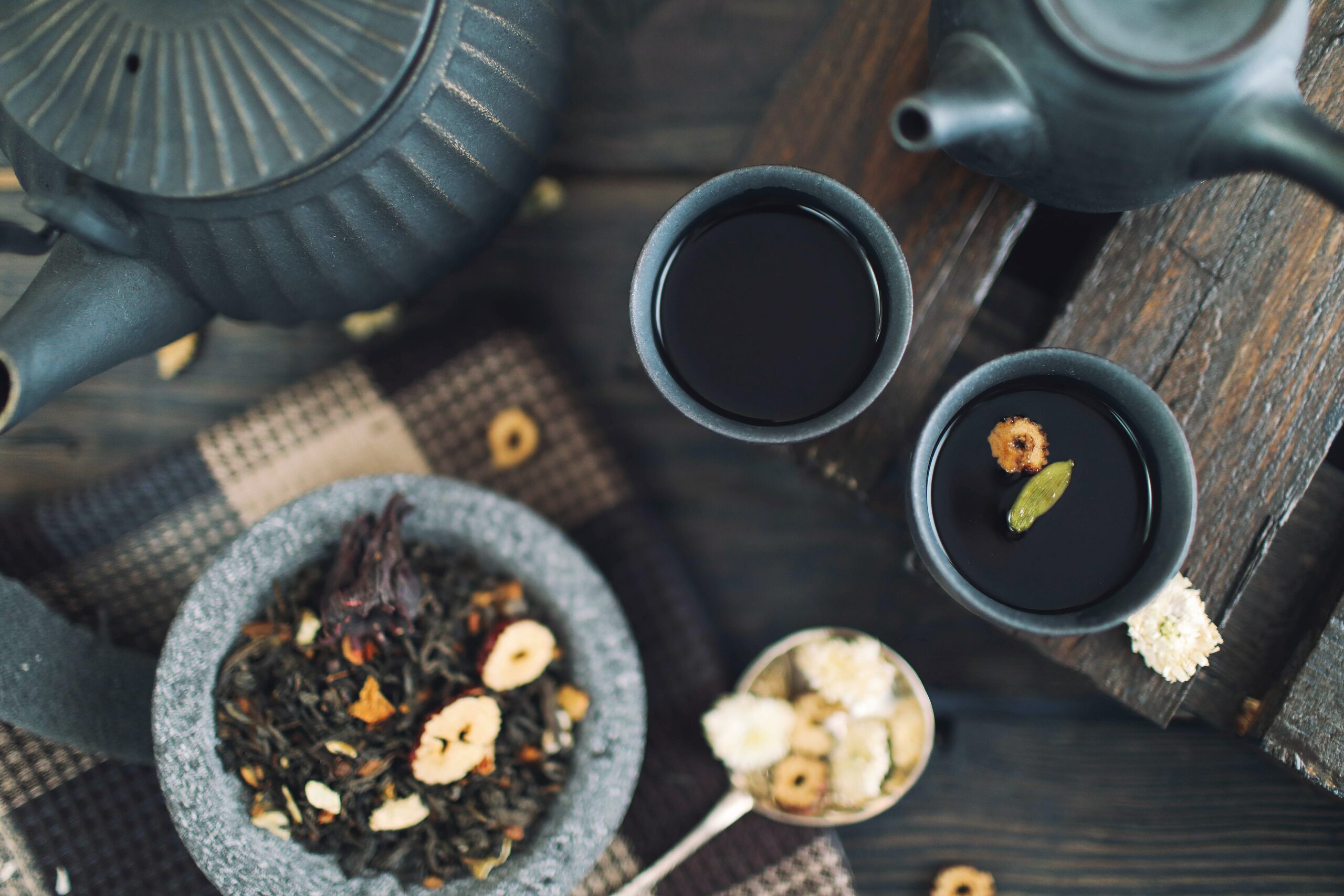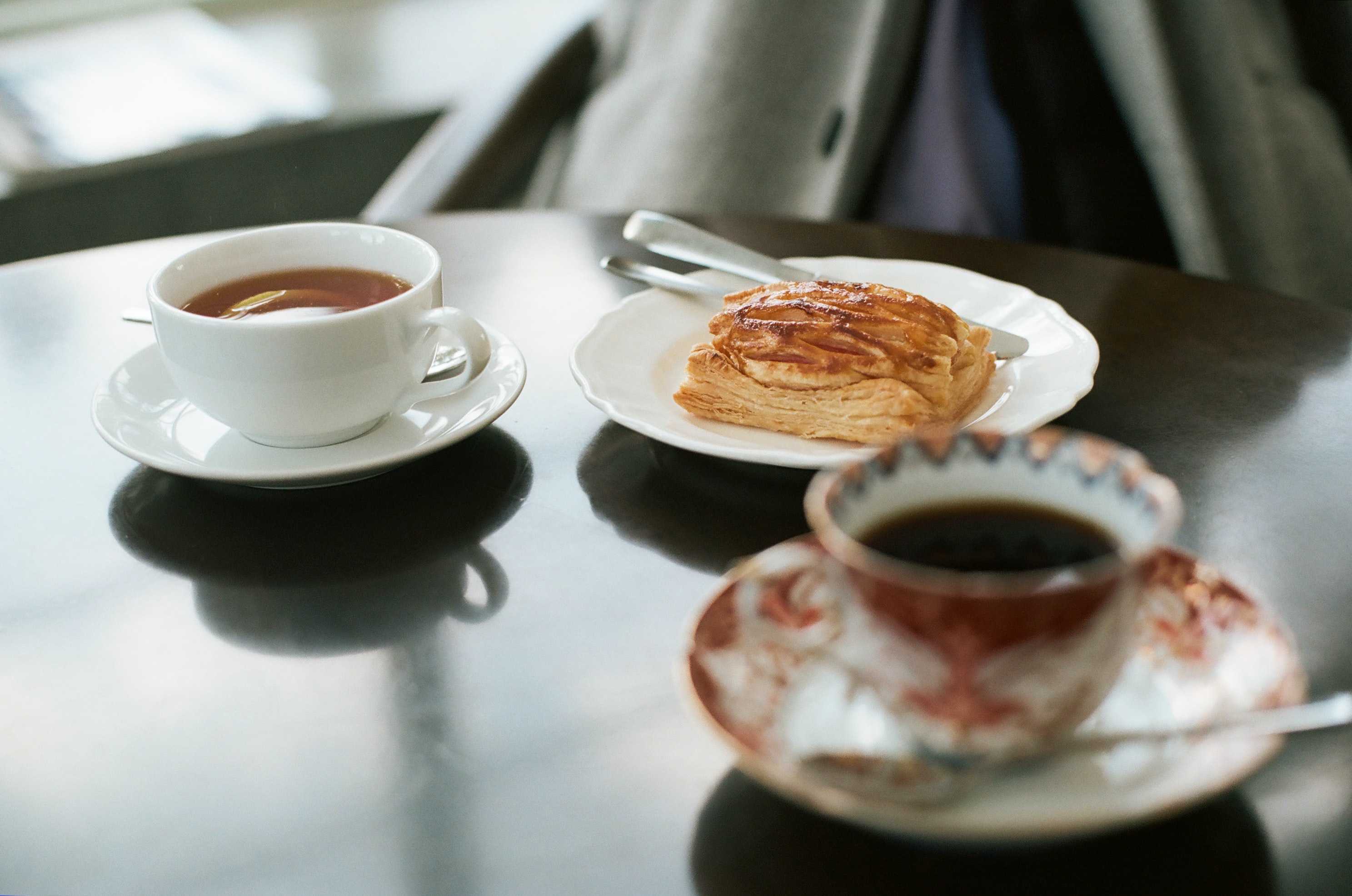Tea or coffee

In the endless arguments about the superiority of one drink over another, countless arguments have been made. But what is the scientific evidence?
George Orwell might have written of Great Britain, "Tea is one of the pillars of civilization in this country.
But even we Brits, who all have our own tea pot and cup set, have to admit that our national drink faces stiff competition from the various espressos, cappuccinos and lattes flooding our shores.

Alarm bells ring.
For most, injecting a dose of caffeine into the body is the first reason we favor a certain beverage. Caffeine is the oil for our engines, which comes in when our bodies get a little crunchy early in the morning.
Based solely on the composition of beverages, coffee should easily achieve victory: a cup of tea contains about half the portion of stimulating caffeine (40 milligrams) found in a standard cup of brewed filtered coffee (80 to 115 milligrams).
However, this is not necessarily reflected in the strength of the awakening jolt the beverage provides.
In one small study, subjects were given tea or coffee, and it turned out that both drinks had the same effect on participants, adding to their wakefulness in the morning.
Although the results were based on subjective perceptions of liveliness, there were no obvious differences in the effects of the two beverages on more objective measures, such as reaction time.
In fact, if you drink tea that is brewed to the same strength as coffee, it has been proven to be more effective at increasing brain concentration.
Scientists have concluded that the dose of caffeine in the drink is not everything: perhaps our expectations also determine how awake we will feel, or it is the impression of taste and smell of our favorite beverage that awakens our senses.
In between: it seems that, contrary to logic, tea provides just as potent a wake-up call in the morning as coffee does. There is a tie in this category.
Sleep Quality
The most striking difference between tea and coffee is evident in that sweet moment when you lay your head on the pillow.
Comparing people who drink the same amount of tea and coffee on average, researchers from the University of Surrey in the United Kingdom confirmed that both drinks are equally beneficial for concentration during the day.
However, according to their observations, people who drink coffee have a harder time falling asleep at night - possibly because the higher caffeine content eventually affects them.
In contrast, people who preferred tea had a longer, more restful sleep.
Bottom line: tea provides many of the benefits that coffee offers, but without the sleepless nights - a net win for tea.
Teeth staining.
Just like red wine, coffee and tea are known for turning our pearly white teeth yellow and brown. But which beverage does it more?
Most dentists seem to agree that natural tea pigments are more likely to stick to tooth enamel than coffee pigments - especially if you use a mouthwash containing the widely used antiseptic chlorhexidine, which appears to attract microscopic particles and bind them.
Bottom line: If you want a whiter smile, coffee is probably the lesser of two evils.